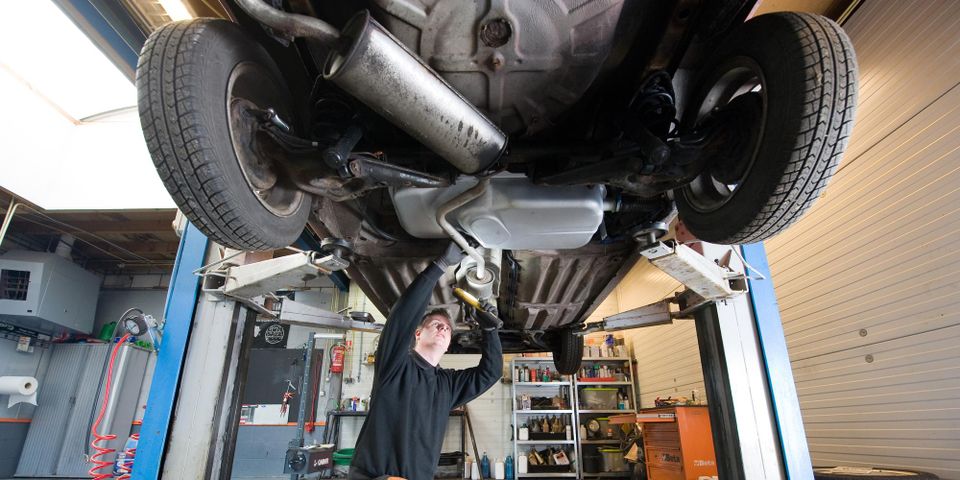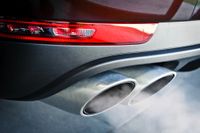
The exhaust system is among the most overlooked components of any vehicle. So, when it runs into some troubles or fails sooner than expected, exhaust repairs turn out expensive and extensive. Avoid racking up costly bills by understanding how it works to flush out toxic fumes and keeps passengers—and the environment—safe.
What Are the Different Components?
1. Exhaust Manifold
The system starts in your engine, through the exhaust manifold connected to the cylinders. At the forefront, it collects combustion by-products like toxic gases, excess heat, and sound waves. It is highly susceptible to damage because of its constant exposure to the most toxic forms of emissions. A damaged manifold manifests itself through reduced fuel economy, increased engine noise, and strong vibrations somewhere in the driver’s spot.
2. Oxygen Sensor
Often found in the exhaust manifold, the oxygen sensor keeps track of unburned air in the system. It sends out level readings to the vehicle’s computer, which controls the amount of fuel released to the engine for it to burn efficiently. When it becomes faulty, the computer can’t determine the right fuel mixture, causing you to consume more gas than necessary.
3. Catalytic Converter
As the name implies, the catalytic converter transforms harmful fumes like carbon monoxide, nitrous oxide, and unburned hydrocarbons into a less toxic state. It’s a key component that reduces the level of pollutants coming out of your vehicle. When it breaks down, it produces loud, rattling noises that come from the loosened ceramic plating. These bits can end up clogging the system, which results in costly exhaust repairs.
4. Muffler
 The muffler works to reduce excessive noise produced during combustion. It is a metal box that contains multiple tubes where sound waves bounce around to lose their energy and become quieter. At its end is the resonator that eliminates some of the sound frequencies. If you have a bad muffler, expect to hear louder sounds than usual. Opt for exhaust repairs since it also points to a possible fume leak in the system.
The muffler works to reduce excessive noise produced during combustion. It is a metal box that contains multiple tubes where sound waves bounce around to lose their energy and become quieter. At its end is the resonator that eliminates some of the sound frequencies. If you have a bad muffler, expect to hear louder sounds than usual. Opt for exhaust repairs since it also points to a possible fume leak in the system.
5. Exhaust Pipe
The exhaust pipe is a long metal tube where all the waste exit from the vehicle. It is connected to every part of the system through the joints and connector pieces. Since these parts are prone to corrosion, they're often the culprit for exhaust repairs. A corroded tailpipe can result in fumes venting inside the car, which makes it a health hazard.
At the first signs of trouble with your exhaust system, head over to Gill’s Automotive for quality repairs. As the trusted auto maintenance shop in Foley, AL, they provide a range of exceptional services, such as exhaust repairs, tire rotation, brake services, oil changes, and engine tune-ups, throughout Baldwin County. Call (251) 943-8814 to set an appointment or view their full list of auto services online.
About the Business
Have a question? Ask the experts!
Send your question

